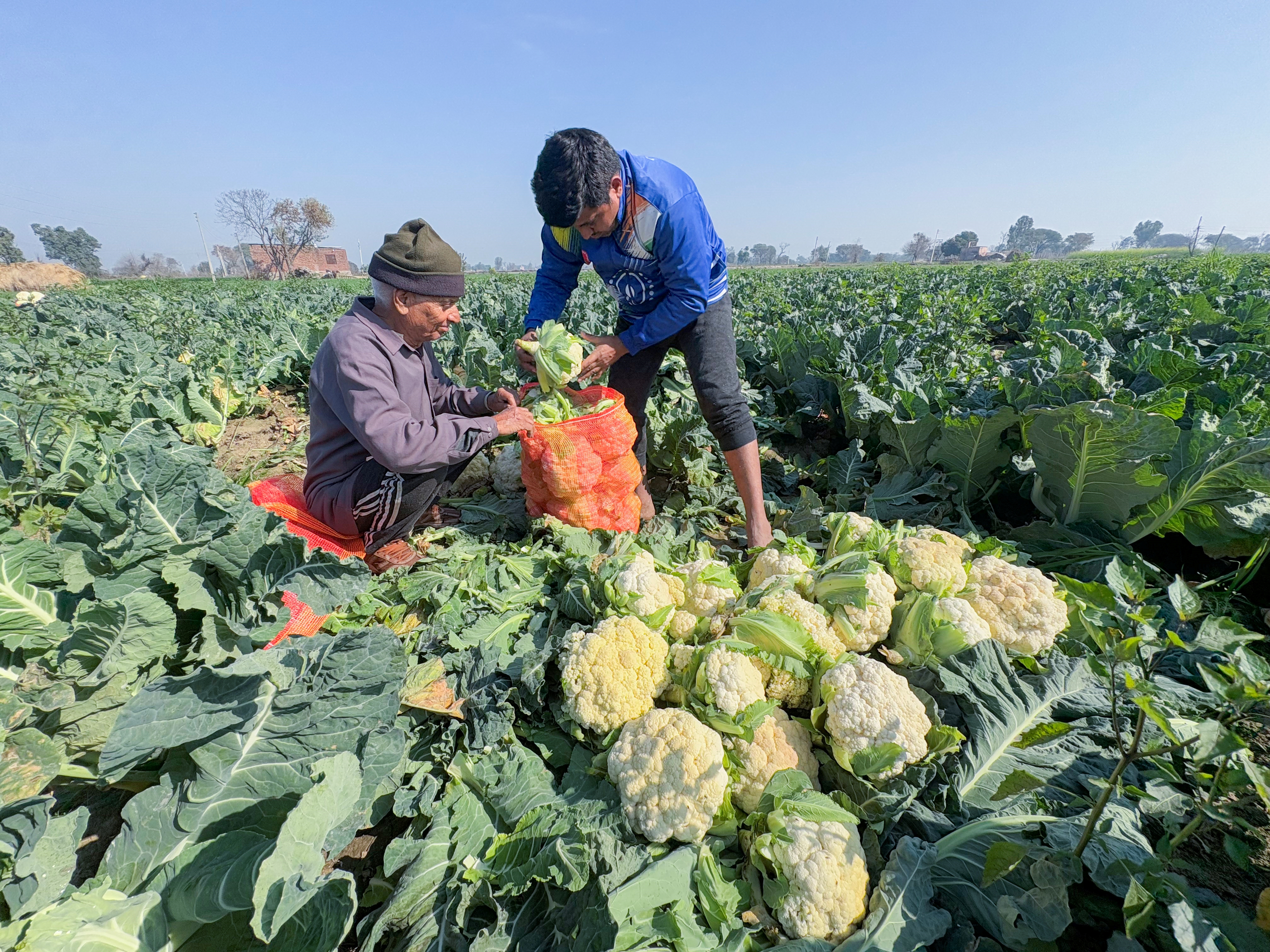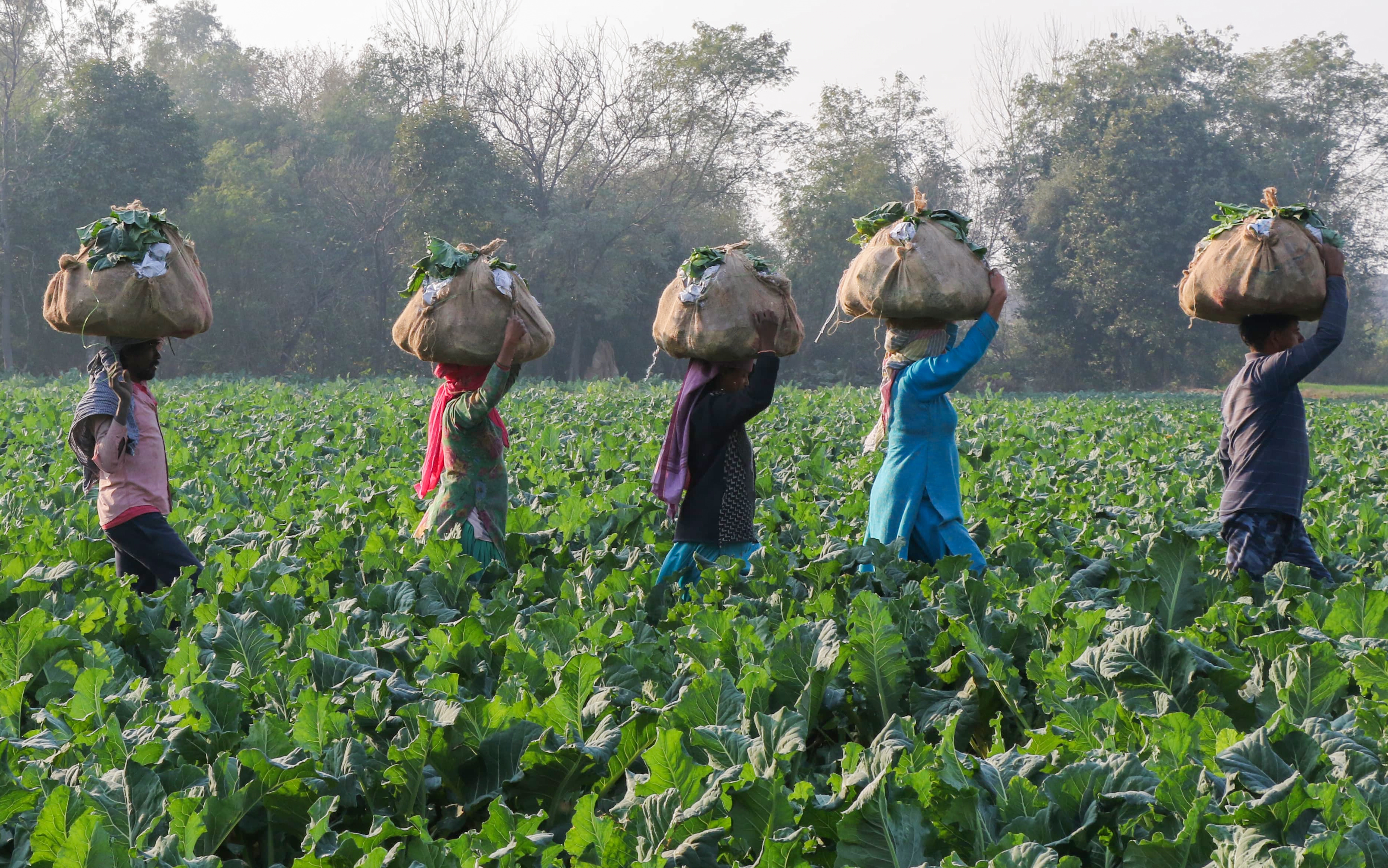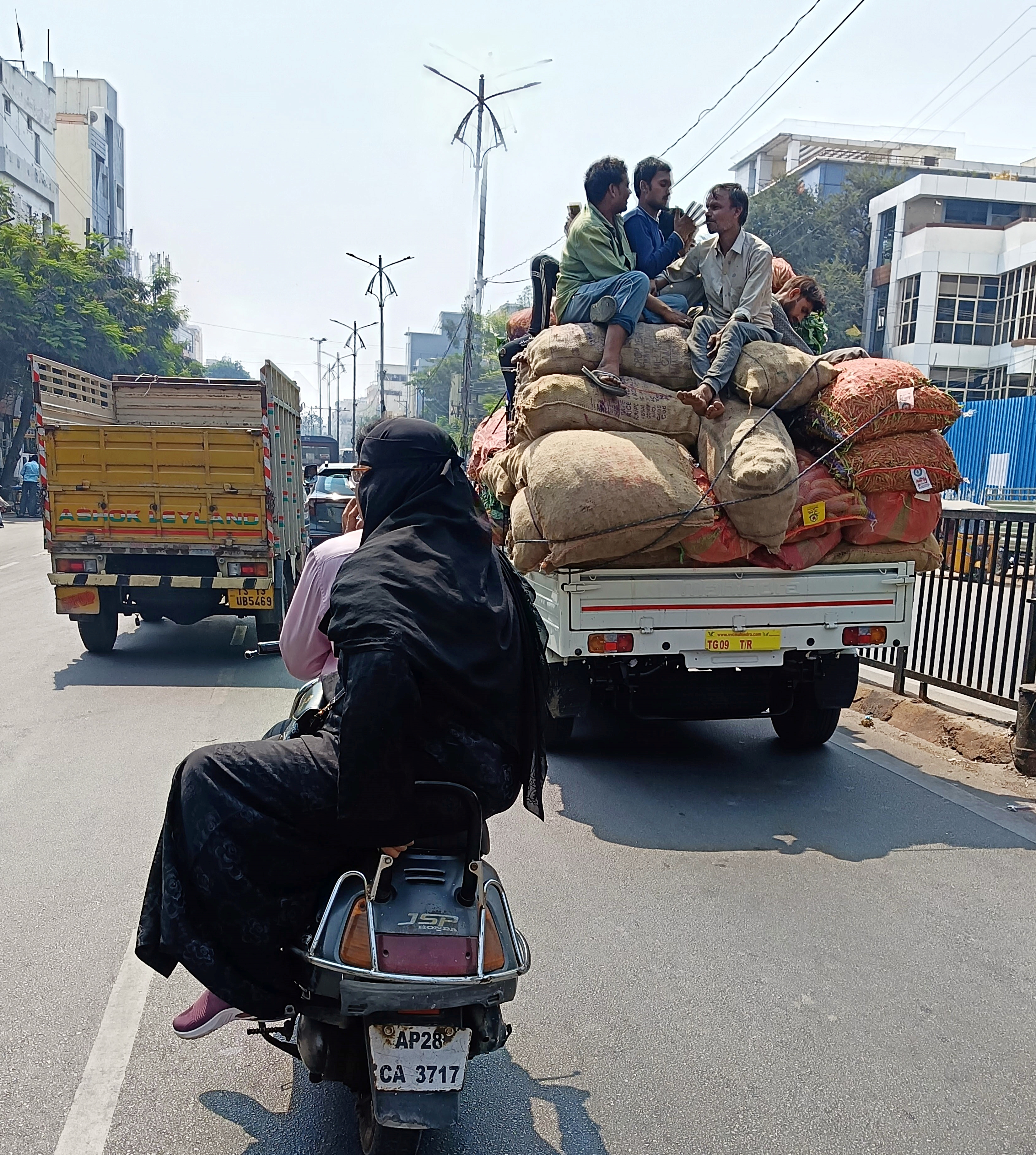By Ravishankar Natarajan
Price volatility is assumed as supply and demand imbalance, everyone is conditioned to believe that the steep drop of farmer price is as a result of excess production, in the absence of any mechanism to monitor how much price drop is justified for a certain level of excess. A mere 10 per cent excess arrival or even a rumour is enough for a 50% price drop, completely unfair deal to the farmers. Seasonality in arrivals of agricultural produce combined with perishability makes the farmers vulnerable in the market, we have seen this happen regularly in tomato, onion, mango and so on.
Historically, auction systems in mandies (markets) have handed over control of prices to the traders, turning farmers into mute spectators, overlooking the accepted practice of seller setting a reserve price in an auction. Delisting many items from the purview of the APMC Act, allows farmers and buyers sell outside the mandies, however, their bargaining power is no better.

Farmers need to be conferred with their due right to be part of price discovery, through a suitable mechanism. Mere vastness and complexities cannot mean that there is no possible regulatory play to save the farmers from the onslaught by the market, fearing which farmers want MSP procurement for everything, which is not the answer as Governments are meant to regulate and not trade in markets.
US Government guarding farmers against their vulnerability at the market, being producers of perishable goods, promulgated “Agricultural Fair Practices Act of 1968”. This Act argues that agricultural products are produced by numerous individual farmers, hence the marketing and bargaining position of individual farmers will be adversely affected unless they are free to join together voluntarily in cooperative organisations as authorised by law. In the US, even as on date, there are bargaining councils for tomatoes, almonds and so on, help farmers collectively bargain for the price of their produce.

Australian Competition Commission has a dedicated Director to deal with agricultural markets, they actively promote and support Bargaining Councils against what they refer to as “take it or leave it” attitude of buyers of perishable agricultural goods from farmers.
Indian agricultural markets need regulations to empower farmers and on price volatility.
Collective Bargaining Council (CBC)
The objective is to provide a safety net for the farmers and prevent free fall at will of traders, through a participative mechanism for determining reserve price, while the auctions and negotiations can continue to function as is usual, at prices not less than the reserve price agreed. In processing mangoes, CBC can arrive at a fixed price applicable for a season with options of one review midway, as mandi auction arrivals are very low.
Representatives of farmers and traders to negotiate on a reserve price under a lawfully authorised platform; negotiated reserve price enforceable as a contract as any unionised bargained wage contract or trade contract.

Rules under the State Agricultural Marketing Acts/APMC Act requires to include setting up, functioning and empowerment of CBC, including provisions for controlling any subversive acts to undermine the spirit of the exercise. Enforceability of the negotiated outcome shall be secured through Rules mandating the agreement on negotiated price at the CBC as binding on all licensed buyers within and outside APMC/private markets, in auctions, direct farmer procurement, tenders or e-market or any price discovery market places.
The government to play a facilitation role only, enable negotiations in good faith to arrive at an acceptable outcome and not a Government administered price.
Pilot on Totapuri
This can be piloted in Totapuri mangoes, which witnesses huge price swings exposing the farmers. There have been some efforts in this direction by the local administration, however were not effective, as it lacked legislative power. With specific provision under the Agricultural Marketing Act, negotiations can now happen in the ambit of the rules and not as just a local initiative with no enforceability. It would be prudent to mobilise support from neighbouring States also to be part of this process, coordinated amongst them in order to ensure uniformity in pricing in the region, as Totapuri moves freely across State boundaries. Based on the experience, the same can be extended to other F&V items.
(Disclaimer: The opinions expressed in this article are that of the writer. The facts and opinions expressed here do not reflect the views of ETV Bharat.



